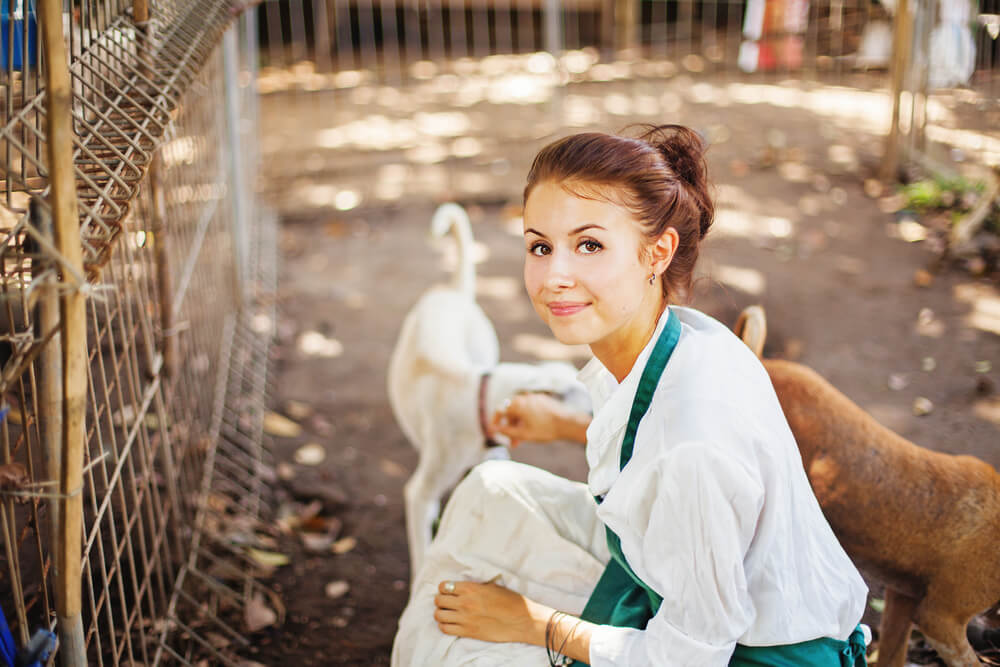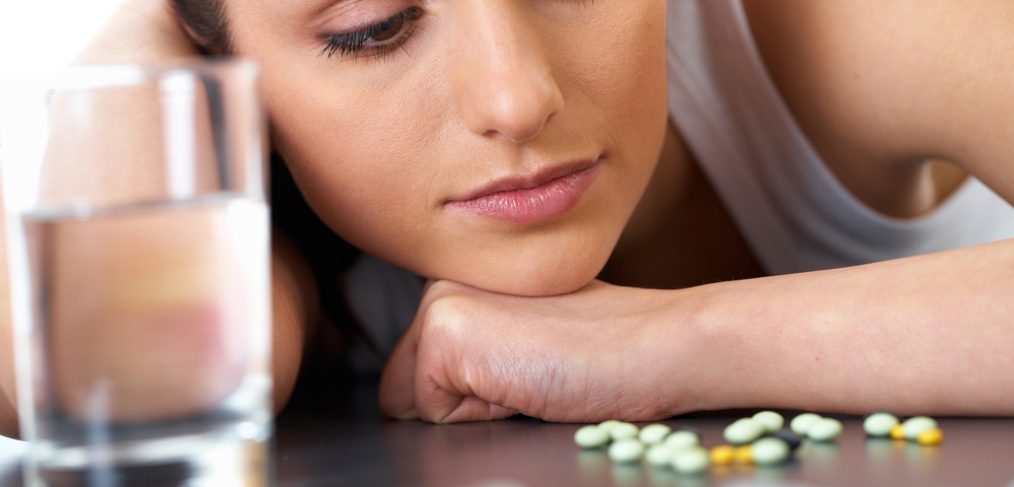Usually, when it is said of someone that he or she has a good heart, it means that someone is generous, or caring. That they take time out to do unto others. However, in more literal terms, a good heart is associated with good cardiovascular health. Having a good heart means quite simply that your heart is in good condition. But, could they be one and the same? New studies show that volunteering, besides being mentally beneficial, can also have a positive impact on physical health. Need evidence? Here are what some experts are saying about how having a good heart can lead to having a good heart.
Mental and Physical Benefits
Anyone who has ever volunteered knows how mentally and emotionally rewarding it can be. Not only do volunteers feel as if they have made a positive change, studies show that donating time can lead to a feeling of greater social connectedness, and less depression and loneliness. However, new evidence reveals that people who volunteer may also be gifted with long lifespans and low blood pressure readings.
A study from Carnegie Mellon University, published in this month’s edition of Psychology and Aging, shows that those who give time to others may have better health than those who do not. Findings revealed that adults over 40 who volunteered regularly were at a lower risk for high blood pressure than those who did not volunteer. High blood pressure is an accurate health indicator because it is linked to stroke, heart disease, and premature death.
Because it is possible that volunteers may also take part in other health conscious activities, such as exercise and healthy eating, it is not possible to prove that volunteering was the sole reason for the lower blood pressure readings, but the results do seem to point in that direction.

How It Works
If you are wondering how exactly volunteering contributes to better health and longer life, Rodlescia Sneed, lead author of the Carnegie Mellon study, may have some insight on the phenomena. One explanation may be the increased physical activity volunteering can provide for those who are not otherwise very active. Another may be stress reduction. According to Sneed, “Many people find volunteer work to be helpful with respect to stress reduction, and we know that stress is very strongly linked with health outcomes.”
If you are thinking of volunteering, and want to know how to get the maximum benefits from your do-gooding, Carnegie Mellon is on top of it. According to the study, it takes 200 hours of volunteering annually to reap the rewards of low blood pressure, although other studies have found as little as 100 hours will do the trick. As for types of volunteering, that remains unknown. However, Sneed speculates that it is the more mentally stimulating activities, like reading and tutoring, that lead to sharper thinking and memory skills, whereas “activities that promote physical activity would be helpful with respect to cardiovascular health, but no studies have really explored this.”
In conclusion, one thing does seem clear; the best results of volunteering come when it is done for the right reasons. A 2012 study published in the Health Psychology journal found that those who benefitted most from volunteer work were those whose intentions were altruistic. In other words, it has to come from the heart if the rewards are going to end up there.
Do you do volunteer work? How do you find it affects you? Let us know what you’re doing for others and what you think it might be doing for you!







